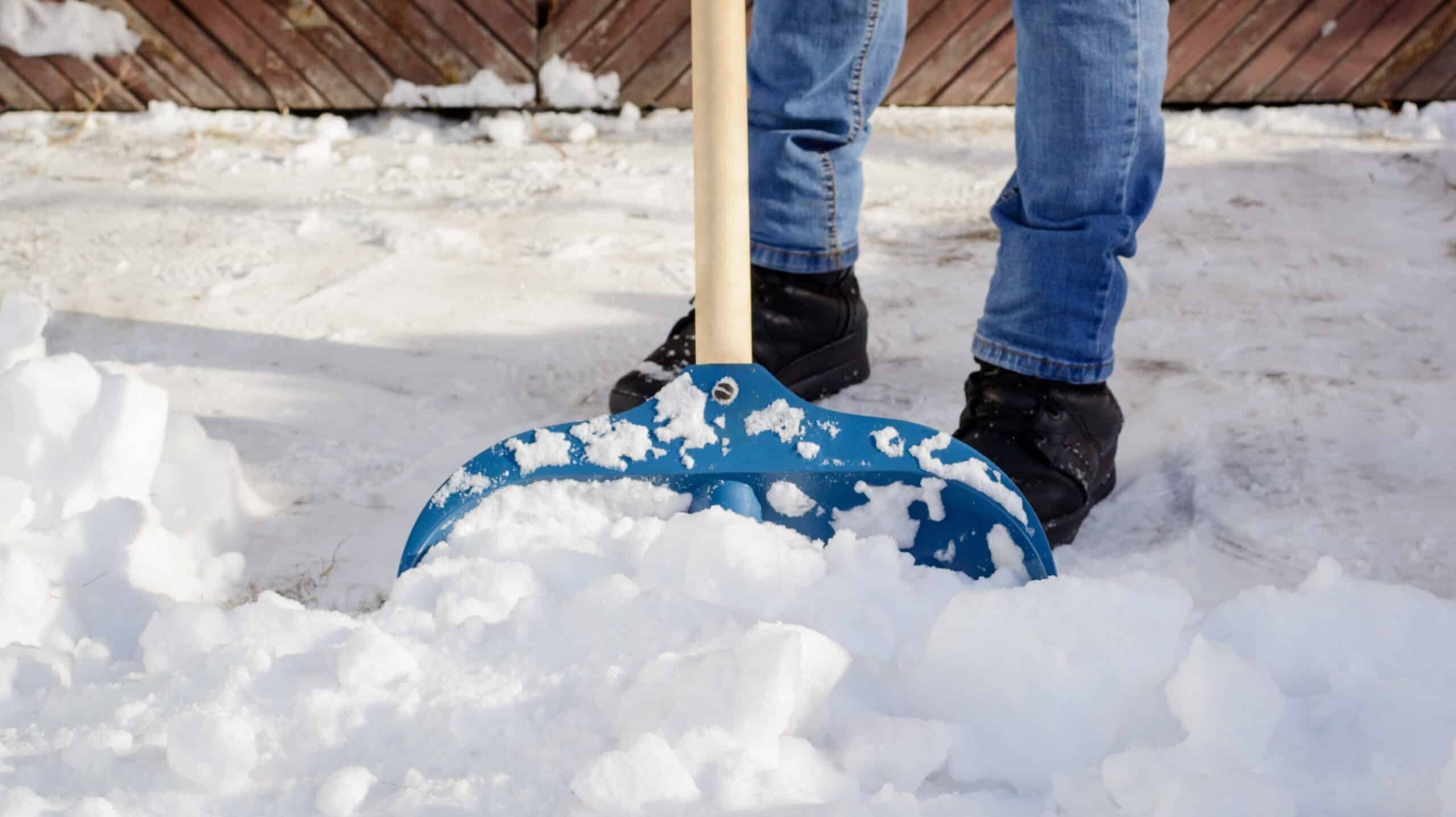
How to Protect Your Housing Co-operative during Winter Weather
Snow and ice brings a unique set of winter weather risks to safety and accessibility for housing co-operative. These include a greater risk of slips and falls due to slippery and icy conditions. If your members and residents, staff, visitors, or contractors hurt themselves in the common areas of your co-op (including outdoors) they could file am insurance claim against the co-op. Pay attention to the following winter safety tips to reduce winter slip and fall incidents. A little extra care this winter will go a long way towards keeping your co-op safe and accessible.

Outside
- Ensure timely snow and ice removal.This is a key activity during winter months. Whether this is done by members, co-op staff, or a snow removal contractor, it is important to plan for snow events. Know the specific areas that are your co-op’s responsibility to keep clear, such as sidewalks and parking lot access. Pay attention to areas where ice and snow regularly accumulates and look out for areas with repeated freeze/thaw cycles.
- Apply salt to parking lots and walkways. Cordon off any areas not cleared and salted to prevent pedestrian accidents. Be sure to remember accessibility ramps and parkade entrances.
- Keep your co-ops garbage and recycling area clear of snow and ice. This will avoid any disruption to waste and recycling services over the winter months.
- Snow clearing equipment and ice melting materials. Make sure that your co-ops snow clearing equipment and ice melting materials are readily available and accessible.
- Stock up on salt, ice melter, and sand. These items can be hard to come by after freezing rain or a snowfall, so it is important to be prepared. CHF BC’s maintenance supplies partner, RONA has exclusive deals on salts and ice melters on now and throughout the winter.
Inside Common Areas
- Wet floors: Keep the floors of your indoor common areas as dry as possible, especially during winter snow events. Consider installing non-slip mats and carpet runners at entrances and in high traffic areas if appropriate.
- Floors and mats: These need to be cleaned more frequently as snow and water is tracked through common areas, including hallways.
- Train your board and staff: Your management staff and/or board should immediately have unsafe conditions fixed and take appropriate actions when dealing with a potentially injured person.
- Site inspections: Regularly inspect your co-op and surrounding areas for slippery areas. Apply sand, salt or ice melter to reduce the likelihood of slips and falls. Be sure to document your inspections and any actions taken to remove snow or ice.
General
- Document your actions: Be sure to and document your efforts, including time of day, area of co-op, weather conditions, work done and the person doing the work. If possible, photograph (with time stamp) the cleared areas. Good documentation is important in the case of slip/fall insurance claims.
Additional Winter Weather Resources
- For more information on keeping your co-op safe during winter, check out The Co-operators list of winter safety tips and how to winterize your home.
- Vancouver Coastal Health has a lot of information and resources on how to prepare for extreme cold.
- Learn how to shovel snow safely with on informative page from the Canadian Centre for Occupational Health.
- This guide from PrepareBC will help you prepare and know what to do when severe winter weather and storms arrive. [PDF]
- Learn how to adjust to cold weather conditions so you can enjoy the winter weather in this document from Health Canada. [PDF]
- HealthLinkBC has helpful tips on how to safely stay active in winter weather.
Please note that the above information does not—and is not intended to—constitute legal advice. It is provided for general informational purposes only. The information in this post was collected from www.marsh.ca